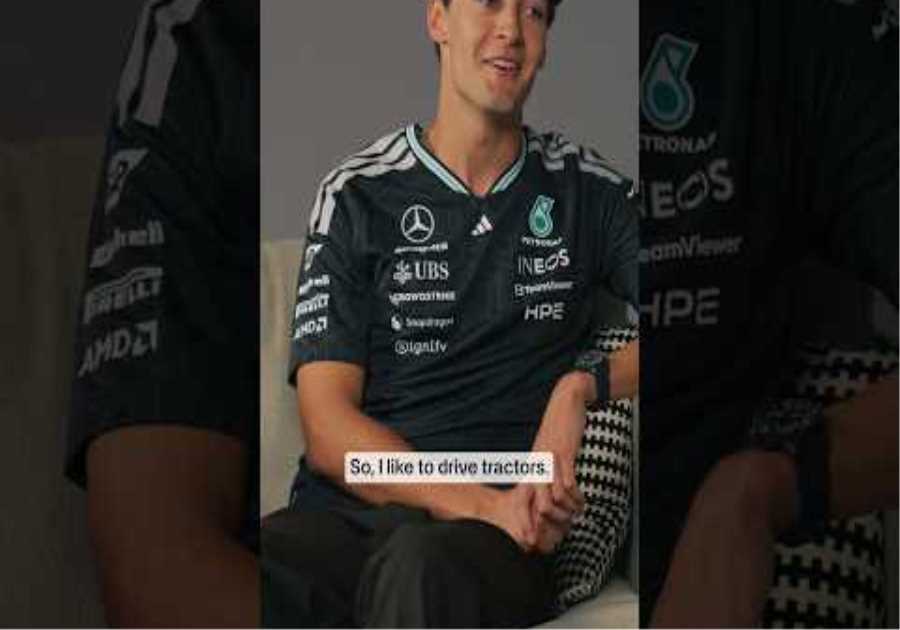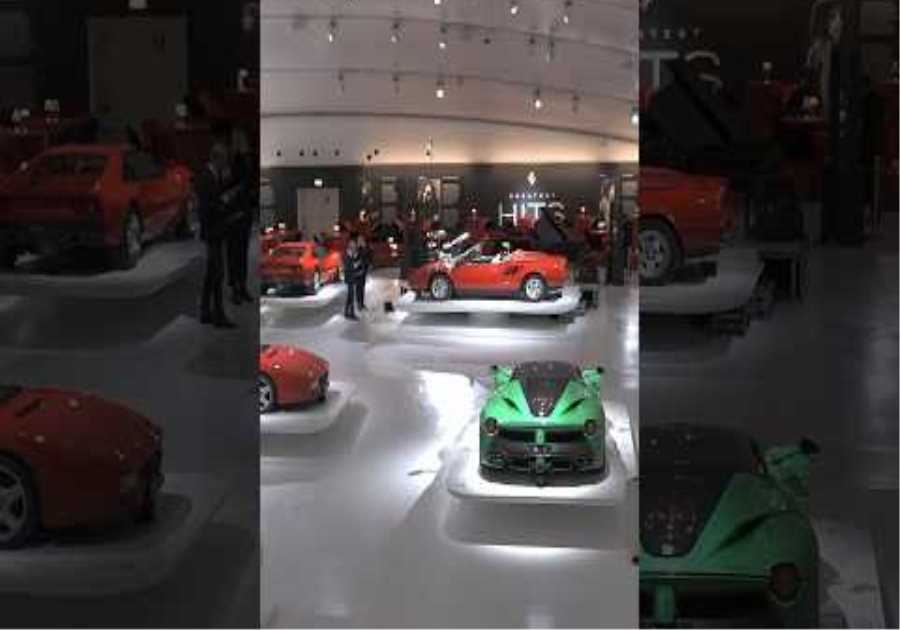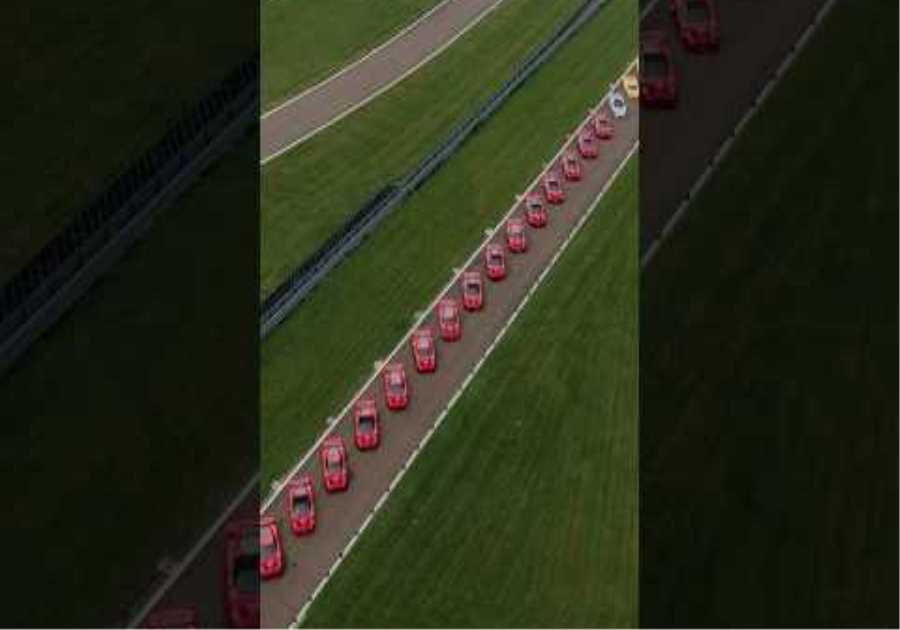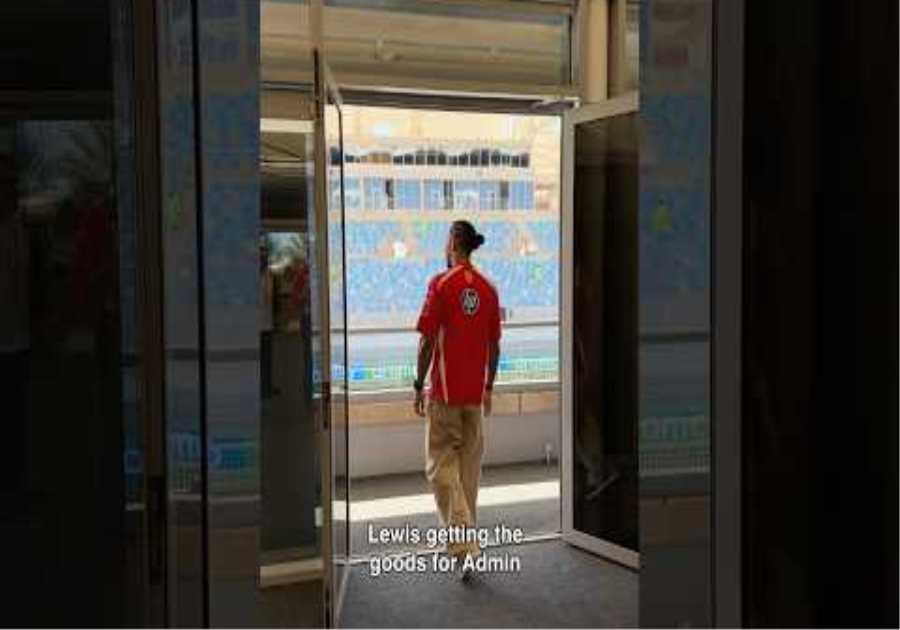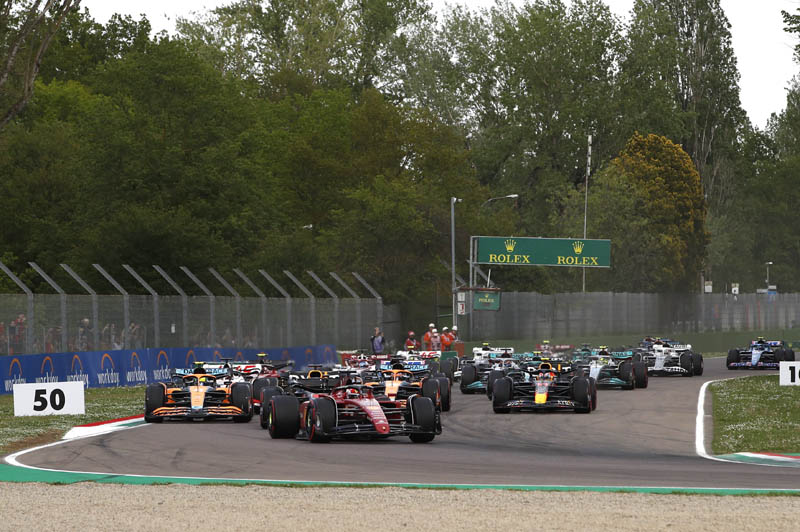
As if proof were really needed of what most of us already suspected, Christian Horner admits that the main objection to Andretti’s bid to enter F1 is money.
While the anti-dilution payment was brought in to effectively pull up the drawbridge behind the existing ten teams and essentially give the sport a franchise-based system, it was the recent admission that a $200m payment wouldn’t be enough and that the teams were seeking at least $600m that gave fans the proof they needed.
Despite talk of DNA, “worthiness” and “value” all of which suggested ‘maintaining’ the sport’s purity, the admission of the dramatic increase to the anti-dilution payment made clear that it was only ever really about the money.
Now, Red Bull boss, Horner has admitted that cash remains the stumbling block to Andretti’s F1 dream.
“Look, Andretti is a great brand, a great team,” he tells RACER. “Mario, what he did in Formula 1, as an American as well, is fantastic.
“Obviously GM with Cadillac as well would be two phenomenal brands to have in the sport,” he continues, “I don’t think there can be any dispute about that.”
“As with all these things, though, it ultimately boils down to… ‘Well, who’s going to pay for it?’ And you can assume that the teams, if they’re perceived to be the ones who are paying for it, or diluting their payments to accommodate it, of course it’s not going to sit well.
“The two teams that are supporting it either have a partnership in the US with them or are going to supply them to an engine,” he adds, referring to Alpine and McLaren. “The other eight are saying: ‘Well hang on, why should we dilute our element of the prize fund?'”
Money aside, Horner suggests that Liberty is happy with the current ten-team set-up and prefers that new entrants follow Audi’s example by buying into one of the existing teams, even though this was the route Andretti took only to be rejected, no doubt because he didn’t offer clean enough.
“On the other side, you’ve got the Liberty guys saying: ‘Well we’re not going to pay for it, we’re happy with ten healthy, competitive franchises from an operational perspective… garages, logistics, motorhomes, it’s all more to accommodate.’
“I’m sure they would prefer the Audi model, where they come in and acquire an existing franchise. If you introduce another one or two teams, you dilute the value of the current ten franchises, which of course teams, particularly down towards the bottom end of the grid, have got a very inflated inherent value at the moment.
“I hope a solution can be found,” he admits. “What would be cleaner would be if they were able to take on one of the existing teams or franchises, but they are certainly both great brands that would be very, very welcome in Formula 1.”
Of course, as he admits, should Andretti, or any other prospective entrant, target one of the existing teams it would no doubt be one of those, “down towards the bottom end of the grid” outfits, which would make full use of their “inflated inherent value”.
Whatever one’s view of Andretti, the fact is that now, even more so than under Bernie Ecclestone, it’s all about money, with Liberty and the teams seeking to fully monetize every aspect of the sport.
At a time Forbes cites Liberty Media as the world’s most valuable sports empire, the American company would be well advised not to take anything for granted.
Though Drive to Survive has attracted a whole new audience, an audience openly courted by Liberty and the teams, it has increasingly turned its back on those who helped build F1 into the sport that made it such an attractive business proposition in the first place and when the sport begins to lose its attraction – and it surely will – the speed with which it sold its soul and opted to become a cash cow for the few may well come back to haunt it.

